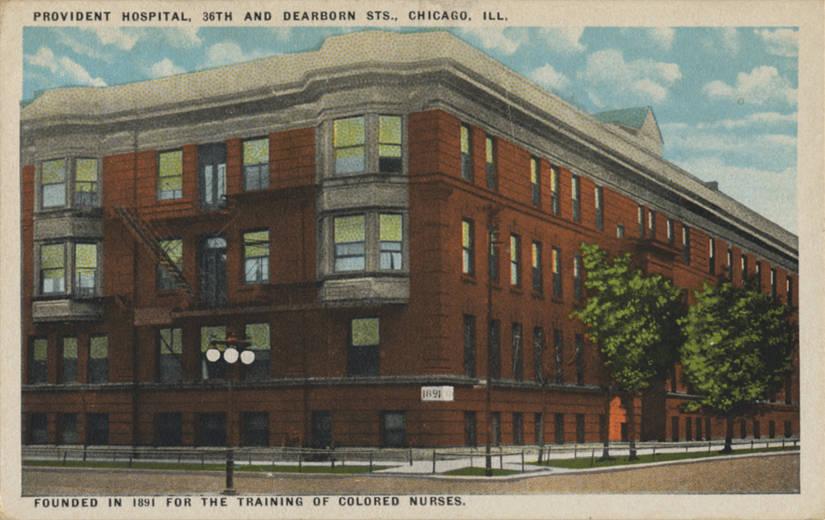Daniel Hale Williams (1856–1931) was the fifth of six children born to Daniel and Sarah Williams in Hollidaysburg, Pennsylvania. His parents, being free black people, were firm abolitionists and devout Christians. They joined the National Equal Rights League when it was formed toward the end of the Civil War.
Shortly after the war, when Williams was 11, his father died of tuberculosis. The financial strain forced the family to move to Baltimore, where the young Williams was apprenticed with a shoemaker. After a year of tedious work that Williams found lonely and less than enjoyable, he left Baltimore to join his mother and her family in Rockford, Illinois.






